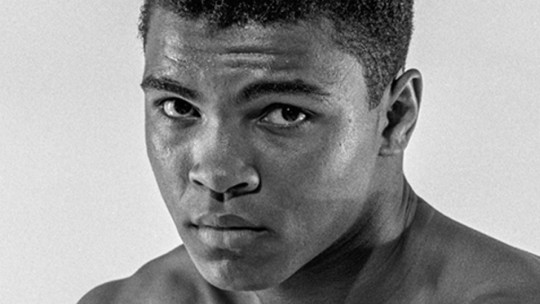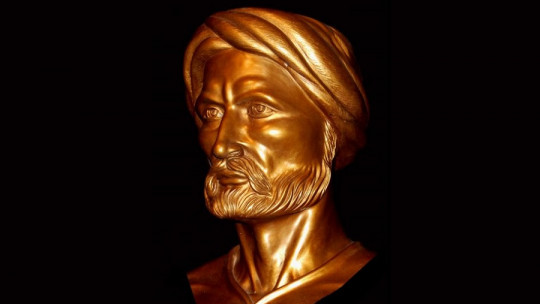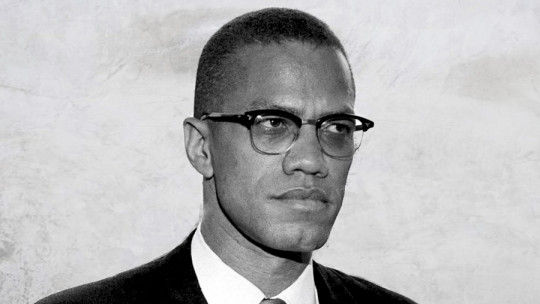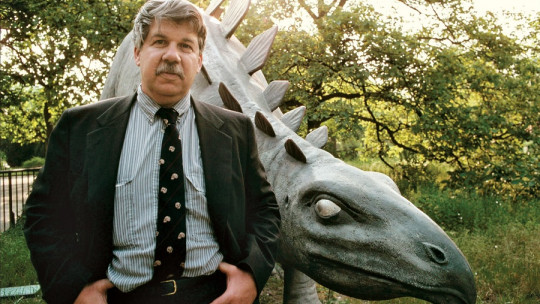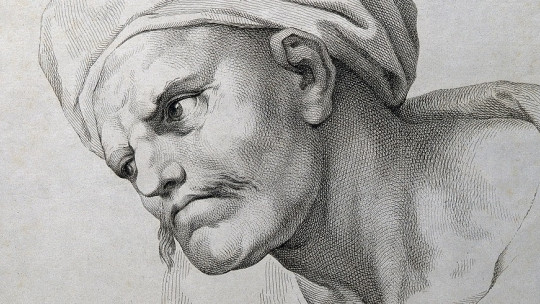“The greatest of all time”, “the people’s champion” and the “Louisville champion” are some of the qualifying adjectives that are recognized worldwide to refer to the most famous boxer and controversial of all time: Muhammad Ali (1942 – 2016), or Cassius Clay which was the name he was born with.
Some of the world-renowned magazines, such as The Esquire, The Time and Magazine, have exalted the figure of Muhammad Ali as the most influential athlete and person of the late 20th century. Some still, after his death, continue to think that there has not been or will be anyone else like him, especially due to the context in which the legend was born.
Below you can find a brief biography of Muhammad Ali that goes from his early years to his triumph in the world of boxing.
Muhammad Ali Biography
Muhammad Ali, born Cassius Marcellus Clay in 1942 in Louisville (Kentucky, USA), came from a middle-class black family who made a living through art since his father dedicated himself to painting portraits and religious representations for the white privileged classes, something that the child prodigy did not like due to the racial segregation that the country was experiencing in that turbulent era of the Ku Kux Klan.
Attending high school like any other child of the time, some events frustrated Clay and marked his political-social vision in a very premature way. Once, says his mother Odessa Clay, They denied him a glass of water because he was black a fact that angered Cassius and he returned home asking his mother for explanations.
Let us remember that in the United States there were times of great controversy due to the contradiction of having fought in the Second World War for freedom, at the same time as in the country itself the races were segregated between whites and blacks and where you could see signs in shops like “they don’t sell to blacks here.”
Boxing, an accident in his life
Muhammad Ali never thought about boxing, much less about becoming the global icon he became. An anecdotal, circumstantial event would change his life forever: the theft of his bicycle. He began his hunt for the thief, when a local police officer intercepted him asking him for explanations. Muhammad Ali, crying, told him that he was going to “beat the thief, father.”
The police officer in question, Joe E. Martin advised him to train some punches on the punching bag before hitting anyone, to vent his anger. Joe would later become her personal trainer, as he was her mentor and the first person to see the terrible potential that Ali possessed yet to be tapped.
The Rome Olympic Games in 1960
The event of the 1960 Rome Olympic Games marked the beginning and professionalization of amateur boxing. The first steps taken in the world of boxing had not shown any exceptional qualities in Ali, a fact that kept him out of the orbit of professional scouts.
Nevertheless, at the Olympic Games. he won the gold medal against more capable rivals on paper , defeating all his adversaries with relative ease. Upon returning to his country in the United States, rather than returning as a hero in flight, his own people continued to treat him as “black,” a derogatory pseudonym with which he referred to African-American citizens.
Muhammad Ali against the Establishment and segregation
In 1964 he became, against all odds, world heavyweight champion against Sonny Liston, another black boxer who was invincible until the arrival of Muhammad Ali, who defeated him twice.
His recent successes, his charisma and popularity began to worry the authorities Americans, defenders of the Status Quo imposed through segregation. Thus, during the Vietnam War, Muhammad Ali was called upon to perform military service by arbitrarily demoting him to a lower category (on the military scale), a fact that forced him to fight in the Asian country.
Ali refused, He was sentenced by the Supreme Court to serve in prison and stripped of his title as a boxer, as well as the world champion title. Far from being offended, Cassius Clay converted to Islam (hence his renown), took advantage of its popularity to fight for the rights of black people, attended demonstrations, university talks and public performances to extend his fight.
“I don’t understand why I have to go thousands of miles away from home and kill people who haven’t done anything to me while it’s my people who call me black,” Ali snapped in one of his presentations.
Boxing legend, political activist and mass idol
In the strictly sporting field, fights like “The fight of the century” (1971) against his archenemy Joe Frazier “Rumble in the jungle” (1974) against “Big” George Foreman or Thrilla in Manilla (1975), against Joe Frazier for the third time, where both fighters claimed to have felt the closest to death, are still recognized today. as the most spectacular fights in the entire history of boxing, and Muhammad Ali participated in all of them.
Returning to the political arena, Muhammad Ali He rubbed shoulders with the most important personalities of the struggle for the rights of blacks. Among them are Martin Luther King, Malcolm X and Rosa Parks, making the boxer another indispensable element for this cause.
Finally, a global icon was erected for everyone : rich, poor, athletes, journalists, politicians and disadvantaged youth. Lewis Hamilton, three-time Formula 1 champion, dedicated a victory to him the year of his death shouting over the radio Ali’s famous motto “fly like a butterfly and sting like a bee!”

